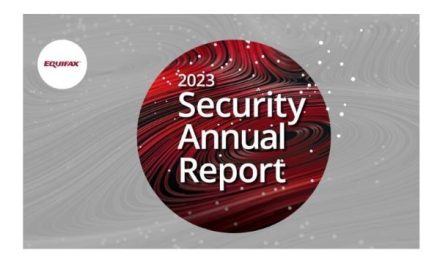The number of New Zealanders experiencing financial hardship has dropped, but more are missing some of their regular repayments. This was according to the latest Centrix Credit Indicator, which showed a fall in the financial hardship cases across New Zealand in May.
 “We’re yet again experiencing another record low in hardship levels since December 2019, with only 8,750 borrower accounts flagged in financial hardship,” Keith McLaughlin, Centrix managing director, told Stuff. “Similarly, the proportion of home loans with missed payments is still low, at only 1% in May. This means there are still no signs of mortgage stress, despite the recent rate hikes and higher costs of living.”
“We’re yet again experiencing another record low in hardship levels since December 2019, with only 8,750 borrower accounts flagged in financial hardship,” Keith McLaughlin, Centrix managing director, told Stuff. “Similarly, the proportion of home loans with missed payments is still low, at only 1% in May. This means there are still no signs of mortgage stress, despite the recent rate hikes and higher costs of living.”
McLaughlin noted though that as the economy continued to tighten, more households would likely struggle to pay all their bills – a trend that was already emerging.
“While mortgage repayments are holding up and hardships remain low, the number of people missing some of their repayments across all bills rose for the third month in a row,” he said.
As confidence weakened and increasing inflation and mortgage rates ate into disposable incomes, demand for both consumer and business credit eased in May.
All new household lending fell 33% compared to the same month the previous year, while business credit demand was down 13% year-on-year.
Also seeing a decline during the month were customer enquiries for buy now, pay later (BPNL) and new credit card demand, which fell by 32% and 22% year-on-year, respectively.
New residential mortgage lending plunged 34% compared to the same time last year, but that was only 4% down compared to May 2019, suggesting a return to pre-pandemic levels, McLaughlin told Stuff.
“As Credit Contract and Consumer Finance Act (CCCFA) rules change from July 7, it will be interesting to see if these legislation changes buoy lending,” he said.
When it comes to business, closures were down 37% compared to the previous quarter, and company liquidations also dropped by 14% year-on-year. Company credit defaults were beginning to increase, however, specifically in the building and hospitality sectors, which saw the highest default rates since the final quarter of 2019.
Credit demand in the hospitality sector plunged 21% compared to the same period the previous year, and agriculture credit demand fell 24% year-on-year, McLaughlin said.
“As we manage these changing economic times, it is now more important than ever for businesses to manage their credit risk and for Kiwis to proactively manage their personal debt,” McLaughlin told Stuff. “We recommend people talk to their lenders sooner  rather than later if they are experiencing any financial distress.”
rather than later if they are experiencing any financial distress.”
Source: Centrix (New Zealand) news


























